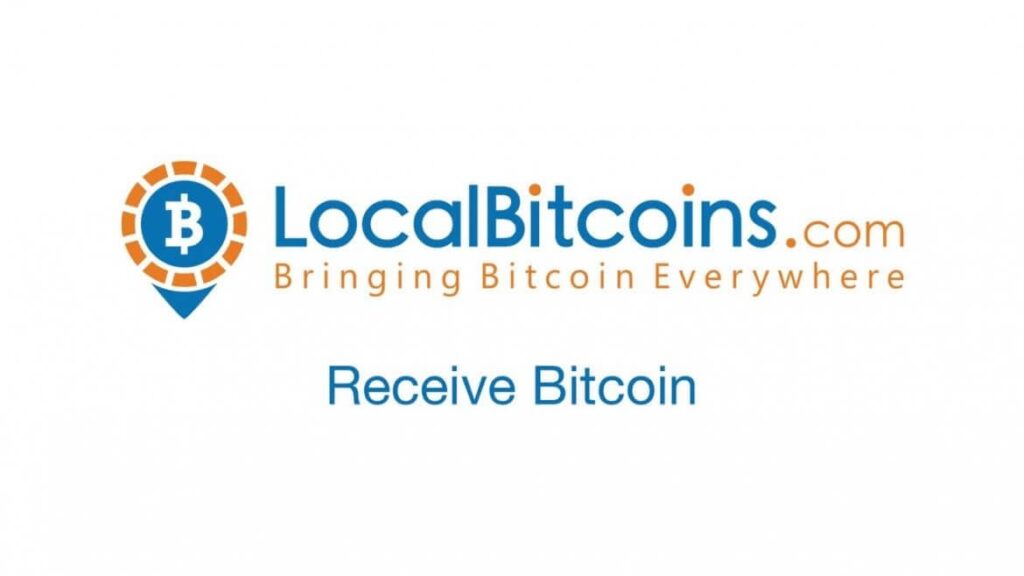
The Rise and Fall of LocalBitcoins: A Look Back at the P2P Pioneer
LocalBitcoins, once a dominant force in the peer-to-peer (P2P) Bitcoin trading market, officially shut down its operations in February 2023. This closure marked the end of an era for a platform that played a crucial role in Bitcoin’s early adoption and accessibility, particularly in regions with limited access to traditional cryptocurrency exchanges. This article delves into the history of LocalBitcoins, its impact on the cryptocurrency landscape, the reasons behind its decline, and the legacy it leaves behind.
The Early Days and Rise to Prominence
Founded in 2012 in Helsinki, Finland, LocalBitcoins aimed to connect buyers and sellers of Bitcoin directly, fostering a decentralized and accessible marketplace. The platform quickly gained traction, especially in countries where traditional financial systems were unreliable or where access to centralized exchanges was restricted. LocalBitcoins offered a unique value proposition: enabling users to buy and sell Bitcoin using a wide range of payment methods, including cash, bank transfers, and even gift cards. This flexibility proved particularly appealing in regions with limited banking infrastructure or strict capital controls.
The platform’s success was also fueled by its escrow system, which provided a layer of security for both buyers and sellers. LocalBitcoins acted as a trusted intermediary, holding the Bitcoin in escrow until both parties confirmed the transaction was completed successfully. This feature helped to mitigate the risk of fraud and build trust within the P2P trading community.
Key Features and Functionality
- Peer-to-Peer Trading: Directly connecting buyers and sellers of Bitcoin.
- Multiple Payment Methods: Supporting a wide range of payment options, including cash, bank transfers, and gift cards.
- Escrow Service: Providing a secure platform by holding Bitcoin in escrow until the transaction is completed.
- Reputation System: Allowing users to rate and review each other, building trust within the community.
- Global Reach: Operating in numerous countries and regions, facilitating Bitcoin trading worldwide.
The Impact on Cryptocurrency Adoption
LocalBitcoins played a significant role in promoting Bitcoin adoption, particularly in emerging markets. By providing an accessible and decentralized platform, it empowered individuals to participate in the cryptocurrency ecosystem, even without access to traditional banking services. The platform facilitated the exchange of Bitcoin for local currencies, enabling users to bypass traditional financial institutions and participate in the global digital economy. This was especially crucial in countries experiencing hyperinflation or currency devaluation, where Bitcoin offered a hedge against economic instability.
Furthermore, LocalBitcoins fostered a community of Bitcoin enthusiasts and entrepreneurs. The platform served as a meeting place for individuals interested in learning about and trading Bitcoin. It also facilitated the development of local Bitcoin economies, where merchants and businesses accepted Bitcoin as payment for goods and services.
The Reasons for Decline and Eventual Closure
Despite its initial success, LocalBitcoins faced increasing challenges in recent years, ultimately leading to its closure. Several factors contributed to its decline, including increased regulatory scrutiny, growing competition from other P2P platforms, and security vulnerabilities.
Regulatory Pressure
As the cryptocurrency industry matured, regulators around the world began to take a closer look at P2P trading platforms. LocalBitcoins came under increasing pressure to comply with anti-money laundering (AML) and know-your-customer (KYC) regulations. Implementing these measures proved challenging for a platform that prided itself on its decentralized and anonymous nature. The introduction of stricter verification requirements likely alienated some users who valued their privacy and contributed to a decline in trading volume.
Growing Competition
The cryptocurrency market has become increasingly competitive, with numerous P2P platforms vying for market share. Platforms like Paxful and Binance P2P emerged as strong competitors, offering similar services with potentially lower fees and more user-friendly interfaces. The increased competition put pressure on LocalBitcoins to innovate and adapt to changing market conditions.
Security Vulnerabilities
LocalBitcoins was not immune to security vulnerabilities, which exposed users to the risk of fraud and theft. The platform experienced several incidents of account hacking and phishing scams, which eroded trust and damaged its reputation. While LocalBitcoins implemented measures to address these security concerns, the damage had already been done.
Market Saturation and Reduced Demand
The overall market for P2P Bitcoin trading may also have experienced a decline as centralized exchanges became more accessible and user-friendly. As these exchanges improved their security measures and offered lower fees, some users may have preferred the convenience and security of trading on centralized platforms. This shift in user preferences could have contributed to a decrease in demand for LocalBitcoins’ services.
The Legacy of LocalBitcoins
Despite its closure, LocalBitcoins leaves behind a significant legacy in the cryptocurrency world. It played a crucial role in promoting Bitcoin adoption and accessibility, particularly in emerging markets. The platform demonstrated the potential of P2P trading and paved the way for other P2P platforms to emerge. LocalBitcoins also fostered a community of Bitcoin enthusiasts and entrepreneurs, contributing to the growth of the cryptocurrency ecosystem. Even in its final days, the platform continued to facilitate transactions, connecting individuals seeking to buy and sell Bitcoin. The shutdown of LocalBitcoins highlights the challenges faced by P2P platforms in navigating the evolving regulatory landscape and competing in a rapidly changing market.
What Now for P2P Bitcoin Trading?
The closure of LocalBitcoins doesn’t signify the end of P2P Bitcoin trading. Other platforms continue to operate, offering similar services. However, the challenges faced by LocalBitcoins serve as a cautionary tale for the P2P industry. P2P platforms must prioritize security, comply with regulations, and innovate to remain competitive in the long term. The future of P2P Bitcoin trading will likely depend on the ability of these platforms to adapt to the evolving needs of users and the demands of regulators.
LocalBitcoins, as a pioneer, showed the world the power of accessible, peer-to-peer crypto exchanges. As times change, so must the platforms, and the lessons learned from LocalBitcoins will undoubtedly shape the future of decentralized finance.
The platform’s impact on regions with limited access to traditional financial systems cannot be overstated. It provided a vital service, enabling individuals to participate in the global digital economy. While its journey has come to an end, the spirit of LocalBitcoins lives on in other P2P platforms and in the ongoing efforts to make cryptocurrency accessible to everyone.
[See also: Understanding Bitcoin Regulation]
[See also: The Future of Decentralized Exchanges]
[See also: Comparing P2P Cryptocurrency Platforms]

